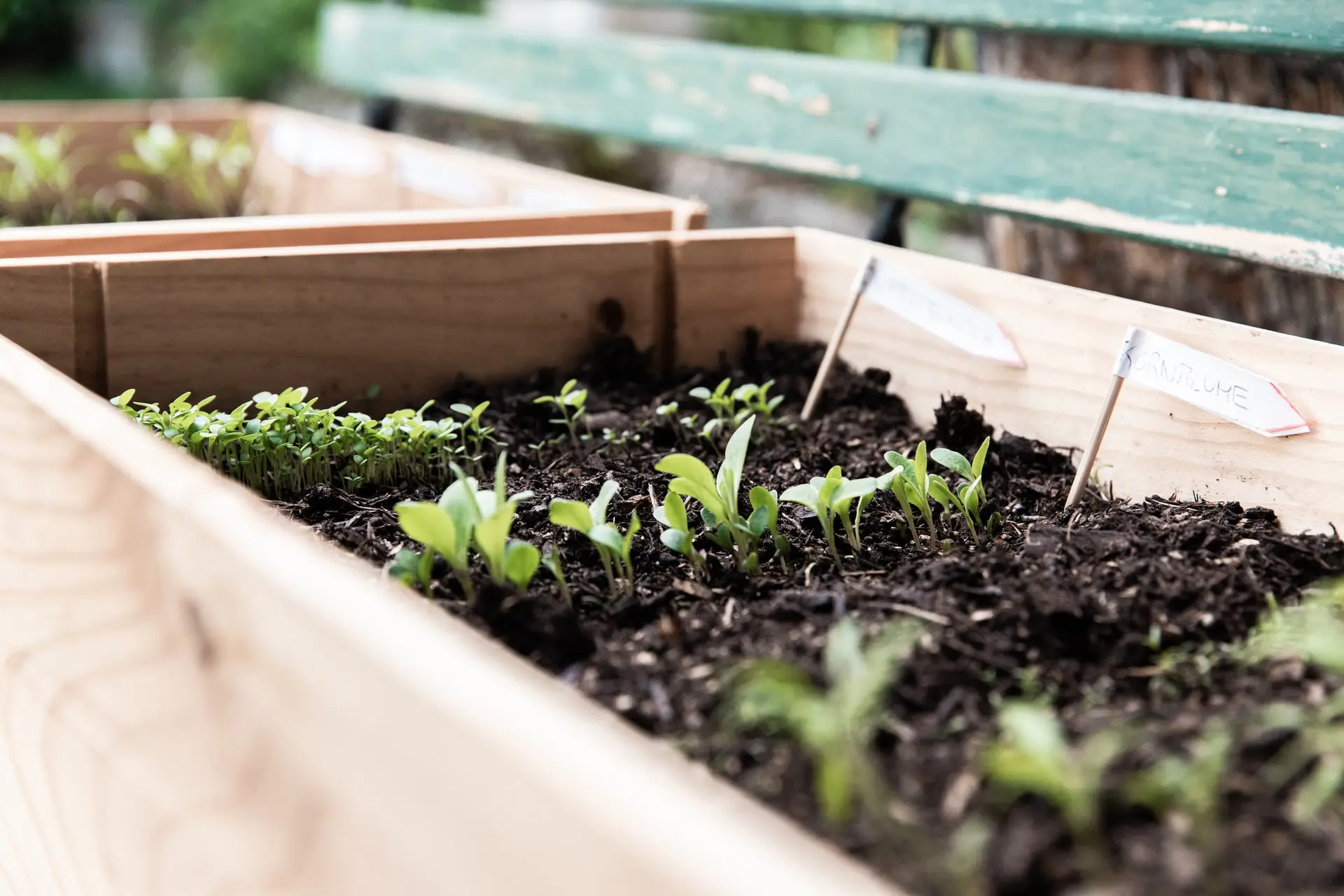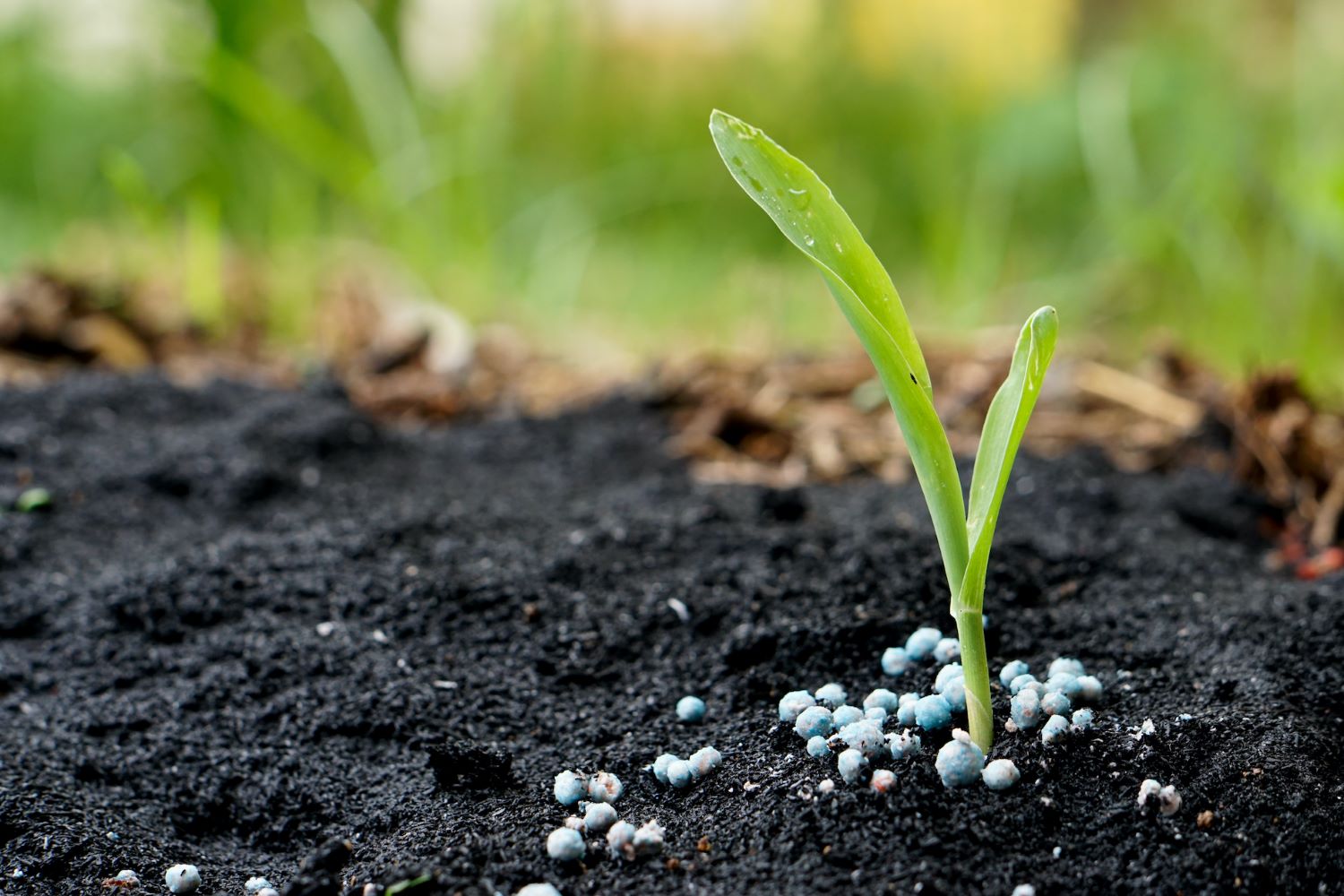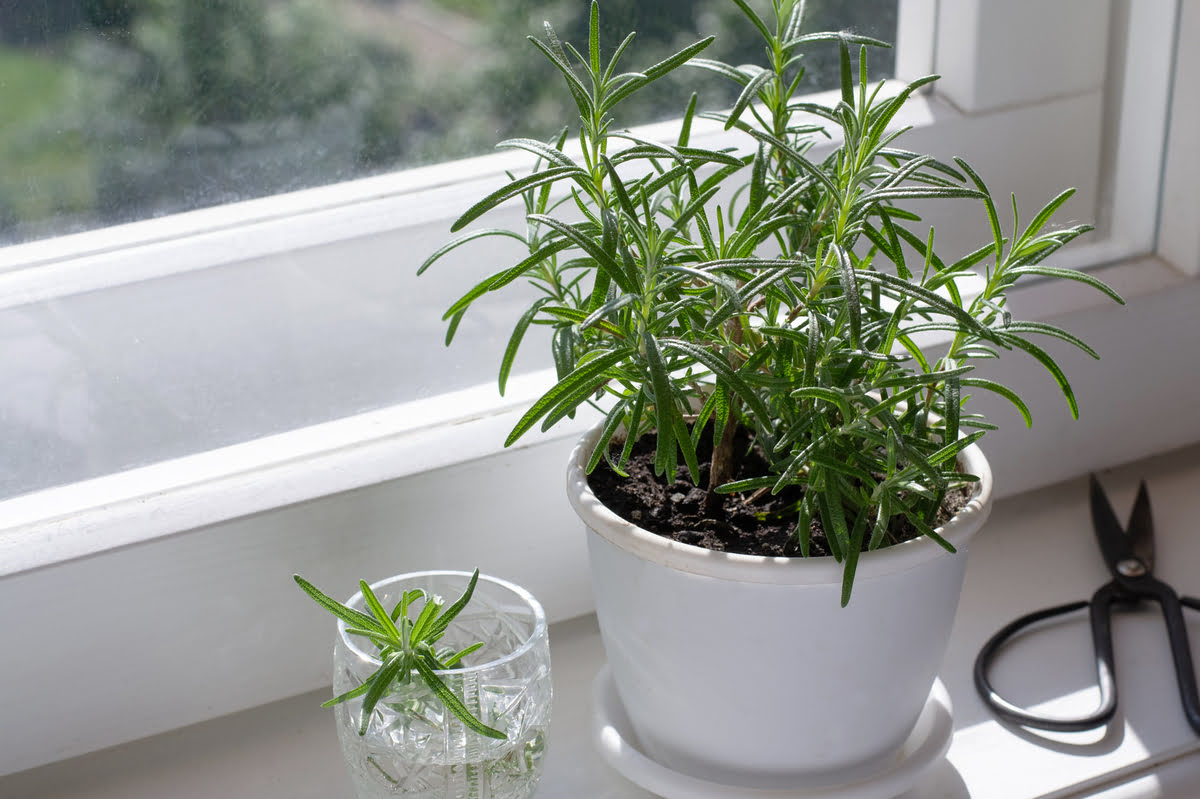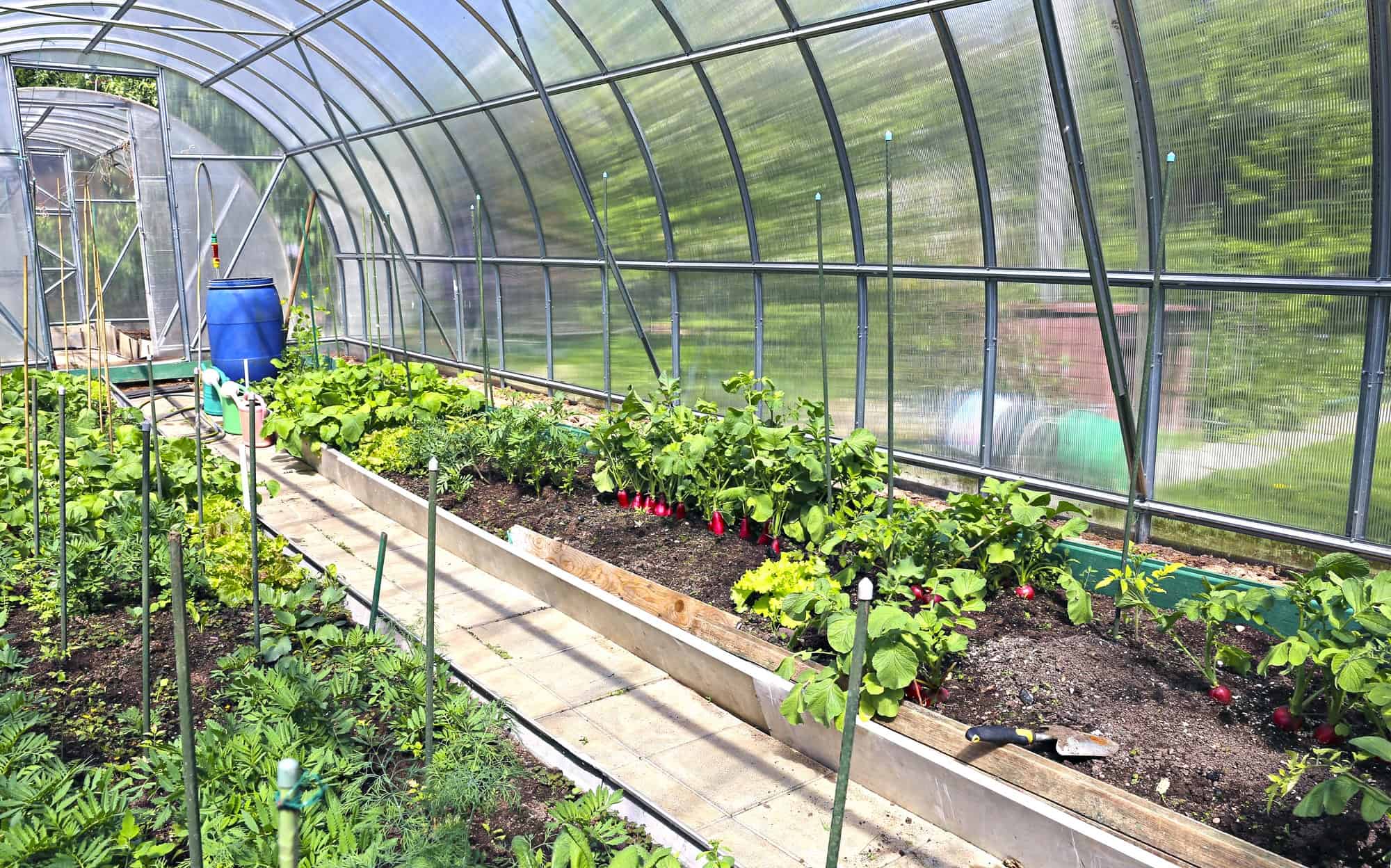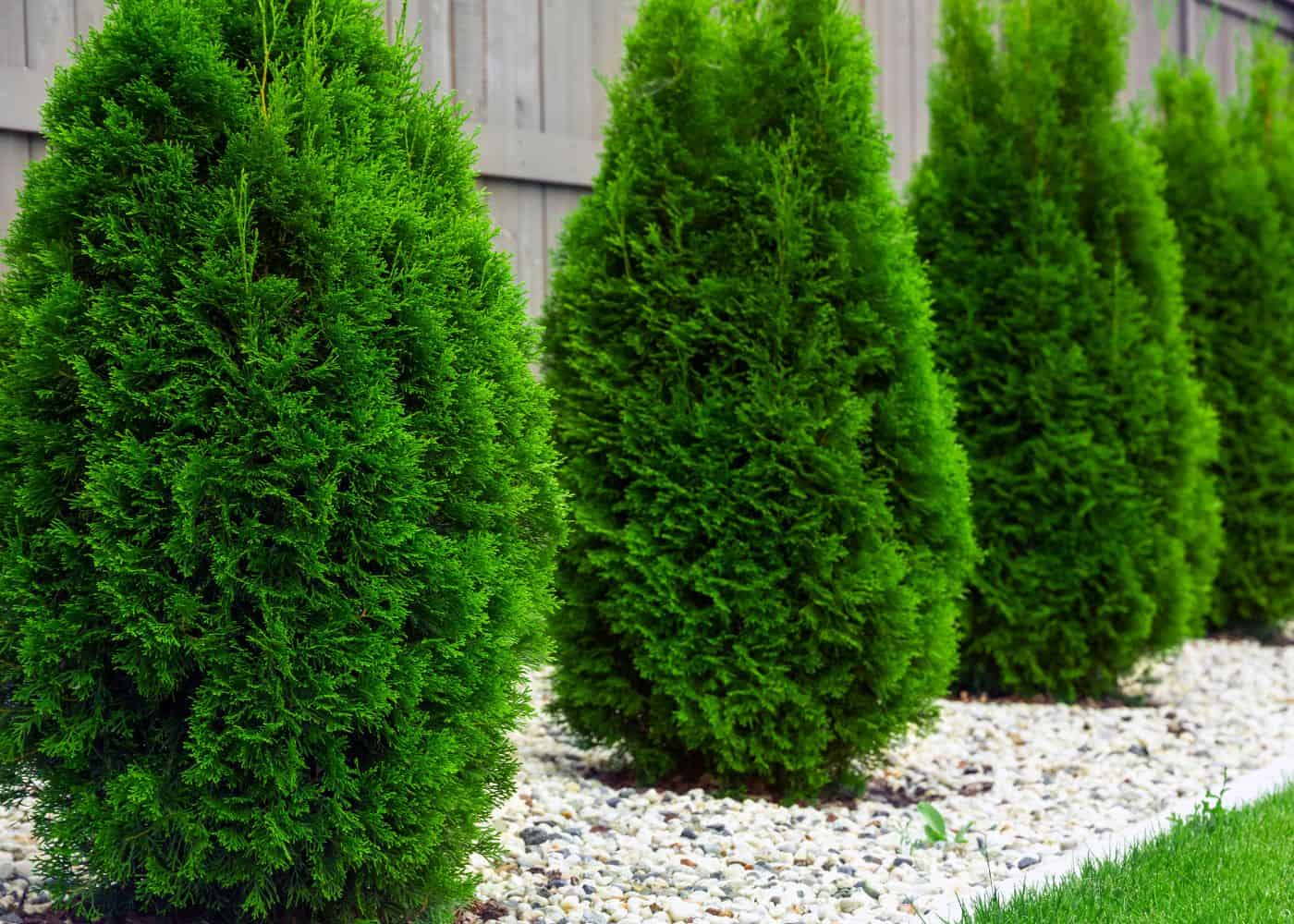Home>Types of Gardening>Edible Gardening>How Long Does It Take For Carrot Seeds To Germinate
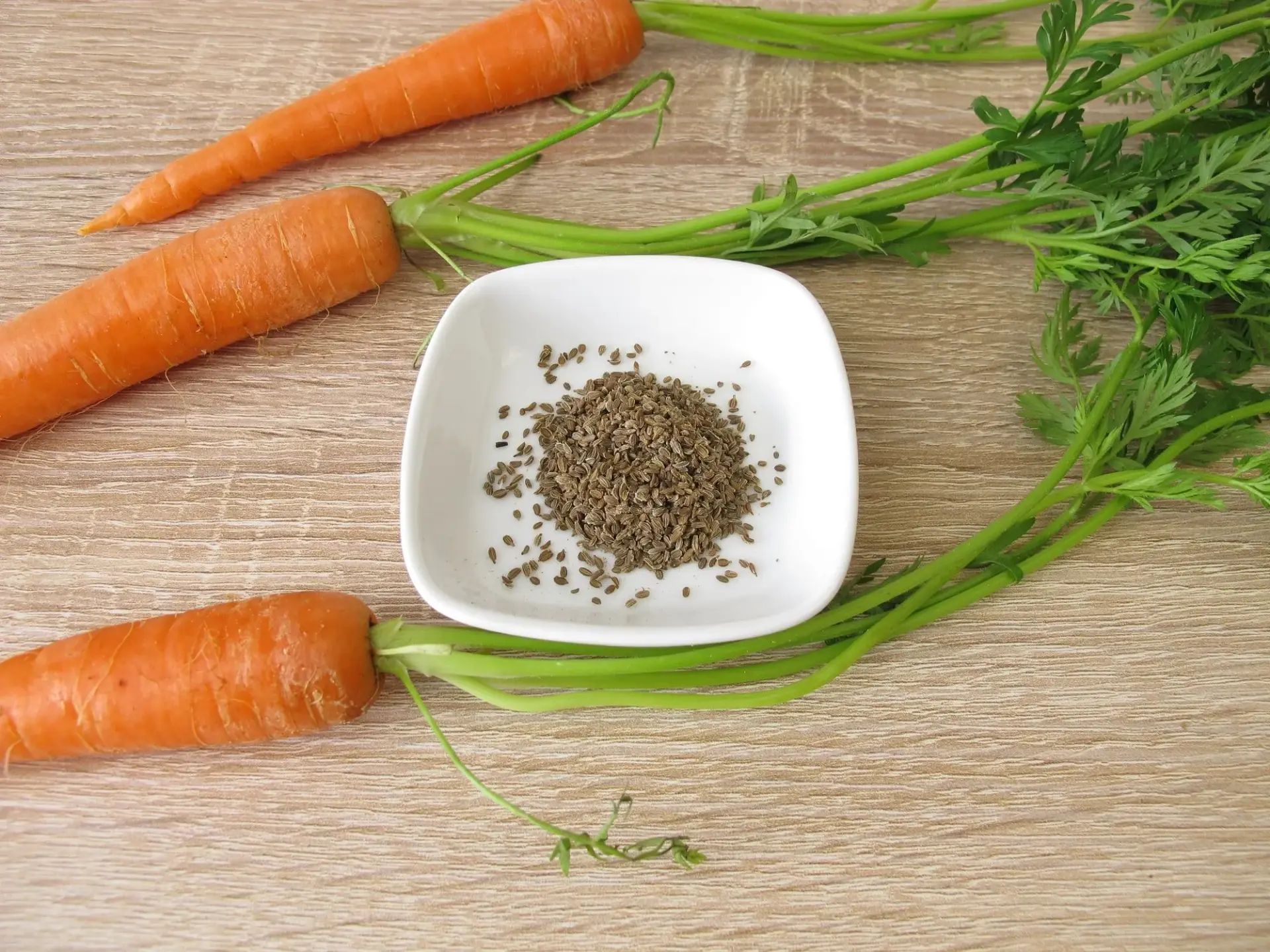

Edible Gardening
How Long Does It Take For Carrot Seeds To Germinate
Modified: January 22, 2024
Learn about edible gardening and how long it takes for carrot seeds to germinate. Discover tips and tricks for successful seed germination in your garden.
(Many of the links in this article redirect to a specific reviewed product. Your purchase of these products through affiliate links helps to generate commission for Chicagolandgardening.com, at no extra cost. Learn more)
Table of Contents
Introduction
Edible gardening is a rewarding and fulfilling activity that allows individuals to grow their own food and enjoy the freshness and flavor of homegrown produce. Among the many vegetables that can be grown in a garden, carrots are a popular choice due to their versatility and nutritional benefits. Whether you’re a seasoned gardener or a beginner, understanding the germination process of carrot seeds is essential for a successful harvest.
Germination is the first stage in the life cycle of a plant, where a seed transforms into a seedling and begins to grow. Carrot seeds, like most seeds, require specific conditions to germinate and develop into healthy plants. Understanding the factors that influence germination time and providing optimal conditions can help ensure a higher success rate.
In this article, we will explore the factors that affect germination time, discuss the optimal conditions for carrot seed germination, and provide tips for speeding up the process. We will also address common problems that may occur during germination and offer troubleshooting advice. By gaining a deeper understanding of carrot seed germination, you can enhance your edible gardening experience and enjoy a plentiful harvest of delicious carrots.
Factors Affecting Germination Time
Several factors influence the germination time of carrot seeds. Understanding these factors can help you optimize your gardening practices and ensure successful germination. Let’s take a closer look at some of the key factors:
- Temperature: Carrot seeds require specific temperature ranges to germinate. The ideal soil temperature for carrot seed germination is between 55°F and 75°F (13°C and 24°C). Cooler temperatures can delay germination, while warmer temperatures can cause poor germination or seedling death. It’s important to monitor the temperature and provide the right conditions for optimal germination.
- Moisture: Adequate moisture is crucial for seed germination. Carrot seeds need consistent moisture to break dormancy and initiate germination. However, excessive moisture can lead to rot and fungal diseases. It’s important to provide a balance by keeping the soil consistently moist but not waterlogged. Water the soil gently and regularly to maintain the right moisture level for germination.
- Soil Quality: The quality and composition of the soil play a vital role in germination. Carrots prefer loose, well-draining soil with a pH range of 5.5 to 6.8. Compacted or heavy clay soils can hinder germination and lead to stunted growth. Prepare the soil by loosening it and incorporating organic matter, such as compost, to improve drainage and fertility.
- Seed Quality: The quality of the carrot seeds themselves can impact germination time. Fresh, high-quality seeds have a higher germination rate compared to old or low-quality seeds. It’s important to source your seeds from reliable suppliers and store them properly to maintain their viability.
By considering these factors and making necessary adjustments, you can create optimal conditions for carrot seed germination. Providing the right temperature, moisture, soil quality, and using high-quality seeds can significantly shorten the germination time and increase the success rate of your edible garden.
Optimal Conditions for Germination
To promote successful germination of carrot seeds, it is crucial to create and maintain optimal conditions in your garden. Let’s explore the key elements of these optimal conditions:
- Sowing Depth: Carrot seeds are tiny, and their germination is greatly influenced by their sowing depth. It is recommended to sow carrot seeds at a depth of 1/4 to 1/2 inch (0.6 to 1.3 cm) in well-prepared soil. Planting them too deep can result in delayed germination or failure to sprout.
- Light: Unlike some seeds that require light to germinate, carrot seeds prefer to germinate in darkness. Ensure that the seeds are covered with enough soil to block out light and create the right environment for germination.
- Watering: Consistent moisture is crucial for successful germination. Water the soil gently after sowing the seeds to ensure they are adequately moist. Continue to water regularly, keeping the soil consistently moist but not waterlogged.
- Temperature: As previously mentioned, the optimal soil temperature for carrot seed germination ranges from 55°F to 75°F (13°C to 24°C). If the soil temperature is too low, consider using row covers or cold frames to create a warmer microclimate for the seeds.
- Germination Duration: Carrot seeds typically take around 10 to 20 days to germinate under optimal conditions. However, germination time can vary depending on various factors such as temperature and seed quality. Patience is key during this period, and regular monitoring is essential.
By providing these optimal conditions, you can significantly enhance the germination success rate of your carrot seeds. However, it is important to remember that gardening is an ongoing learning process. Don’t be discouraged if some seeds don’t germinate – keep experimenting and fine-tuning your techniques for the best results.
Germination Time for Carrot Seeds
Carrot seeds have a relatively moderate germination time compared to other vegetable seeds. While the exact germination time can vary depending on factors such as temperature, seed quality, and soil conditions, on average, carrot seeds take around 10 to 20 days to germinate.
It is important to note that carrot seeds are known for their slower germination compared to some other vegetable seeds. This means that patience is key when waiting for your carrot seeds to sprout. It is not uncommon for some seeds to take longer than others to germinate, so continue to provide the necessary care and maintain the optimal conditions for as long as needed.
During the germination period, it is essential to keep the soil consistently moist but not waterlogged. Regularly check the soil moisture and water as needed to ensure the seeds remain hydrated. Be cautious not to overwater, as this can lead to rot and other issues.
It is also important to monitor the temperature in your garden to ensure it falls within the optimal range of 55°F to 75°F (13°C to 24°C). If the temperature drops too low, consider using protective measures like row covers or cold frames to maintain a warmer environment for the seeds.
Keep in mind that germination time can be influenced by other factors, such as the quality of the seeds. Using fresh, high-quality carrot seeds can increase the success rate and potentially shorten the germination period.
Overall, while carrot seeds may take a bit longer to germinate compared to some other seeds, their delicious and nutritious reward is well worth the wait. So, be patient, provide the optimal conditions, and soon enough, those tiny carrot seeds will transform into vibrant seedlings, ready to grow into tasty, homegrown carrots.
Tips for Speeding Up Germination
If you’re eager to see your carrot seeds sprout and grow into healthy seedlings, there are a few strategies you can employ to help speed up the germination process. Consider implementing the following tips:
- Pre-soaking: To accelerate germination, you can pre-soak carrot seeds in water for a few hours or overnight before sowing. This helps to soften the seed coat and jumpstart the germination process.
- Scarification: Carrot seeds have a hard outer shell that can sometimes hinder germination. Gently nicking or scratching the seed coat with sandpaper or a nail file (a process called scarification) can help water penetrate the seed more easily, promoting quicker germination.
- Warmth: Providing a consistently warm environment can help speed up germination. Consider using a heating mat or placing the seed trays in a warm location. Just ensure that the temperature remains within the optimal range for carrot seed germination (55°F to 75°F or 13°C to 24°C).
- Moisture: Maintaining proper moisture levels is critical for germination, and ensuring consistent moisture can help speed up the process. Regularly mist or water the soil, keeping it slightly moist but not waterlogged.
- Covering: After sowing the carrot seeds, covering the seed tray or garden bed with a clear plastic dome or plastic wrap can create a mini greenhouse effect. This helps to maintain higher humidity levels and warmth, encouraging faster germination.
- Consistent Care: Providing consistent care throughout the germination period is essential. Avoid letting the soil dry out and continue to monitor the temperature and moisture levels. Consistency in care will help create optimal conditions for speedy germination.
While these tips can help expedite the germination process, it is important to remember that the natural germination time for carrot seeds can still vary. Some seeds may germinate faster than others, and factors like seed quality and environmental conditions play a role as well. If some seeds take longer to germinate, be patient and continue to provide the necessary care.
By implementing these strategies and maintaining optimal conditions, you can increase the likelihood of faster germination and enjoy the sight of sprouting carrot seedlings sooner.
Common Problems and Troubleshooting
While growing carrots from seed can be a fulfilling experience, it’s not uncommon to encounter some challenges along the way. Here are some common problems that may arise during the germination process and troubleshooting tips to help you overcome them:
- Poor Germination: If you notice a low germination rate or poor germination overall, it could be due to several factors. Check the quality of your seeds and ensure they are fresh and viable. Evaluate the moisture levels in the soil and adjust if necessary. Additionally, re-evaluate the temperature in your garden to ensure it falls within the optimal range for carrot seed germination.
- Inconsistent Germination: Sometimes, carrot seeds germinate at different rates, leading to uneven growth. This can be attributed to variations in seed quality, planting depth, or inconsistent watering. To address this issue, try to ensure consistent moisture levels throughout the germination period and consider thinning the seedlings once they have emerged to promote even growth.
- Seedling Diseases: Carrot seedlings are susceptible to various diseases, such as damping off caused by fungi. To prevent seedling diseases, make sure to use sterile seed-starting mix and clean containers. Avoid overcrowding and provide good air circulation around your seedlings. If you notice any signs of disease, remove the affected seedlings promptly to prevent further spread.
- Pests: Carrot fly and other pests can pose a threat to both the seeds and seedlings. To deter carrot fly, consider planting companion plants like onions or garlic, as they can repel these pests. You can also cover your carrot plants with barriers made of fine mesh or use floating row covers to protect them from pests.
- Soil Issues: Compacted or heavy soils can inhibit carrot seed germination and growth. Ensure that your soil is well-draining and loose. Incorporating organic matter like compost can help improve soil structure and fertility. Additionally, avoid over-fertilizing, as excessive nitrogen can result in leafy growth at the expense of carrot root development.
By being aware of these common problems and knowing how to troubleshoot them, you can address issues promptly and increase the success rate of your carrot seed germination. Remember that gardening is a continuous learning process, and it’s normal to encounter challenges along the way. Stay vigilant, follow good gardening practices, and be proactive in addressing any issues that arise.
Conclusion
Growing carrots from seed through the germination process is an exciting journey for any edible gardener. By understanding the factors that affect germination time and providing optimal conditions, you can increase the success rate and shorten the waiting period to see those tiny seeds transform into vibrant seedlings.
Factors such as temperature, moisture, soil quality, and seed quality all play a role in the germination process. By providing the right conditions, you can optimize germination and set the stage for healthy carrot plants.
While carrot seeds have a moderately longer germination time compared to other vegetables, the reward is well worth the wait. With patience, consistent care, and the implementation of techniques like pre-soaking, scarification, and maintaining a warm environment, you can potentially speed up the germination process.
Be prepared to troubleshoot common problems such as poor germination, inconsistent growth, seedling diseases, and pests. By identifying and addressing these challenges, you can maintain the health and vitality of your carrot plants.
Remember to enjoy the journey of growing your own carrots and be open to learning from each experience. With time and practice, you’ll become a proficient edible gardener, reaping the tasty rewards of your efforts.
So, roll up your sleeves, sow those carrot seeds with care, and watch as nature works its magic to bring forth a bountiful harvest of delicious, homegrown carrots.
